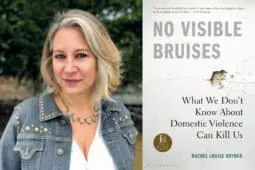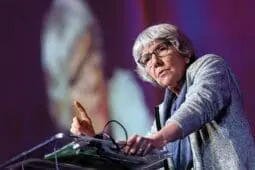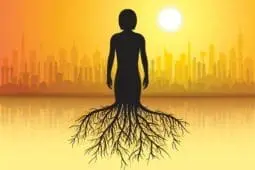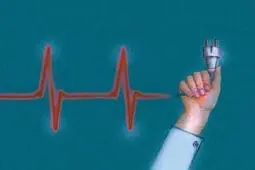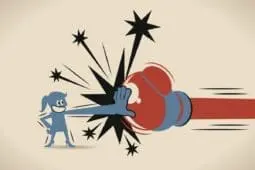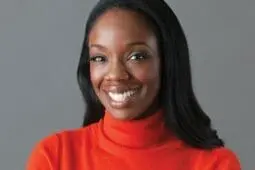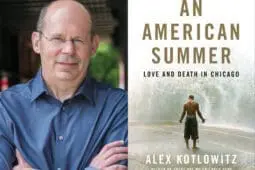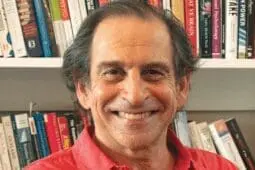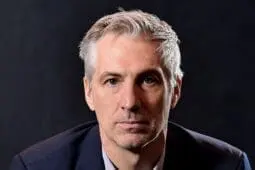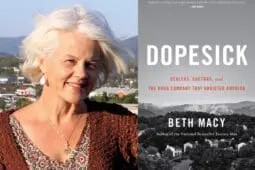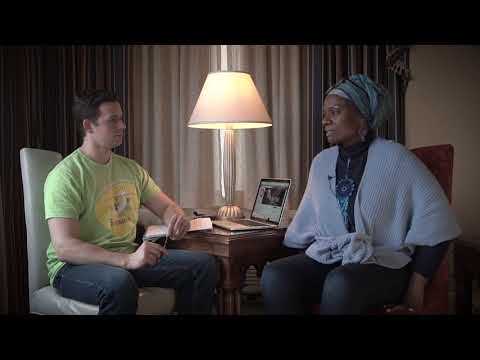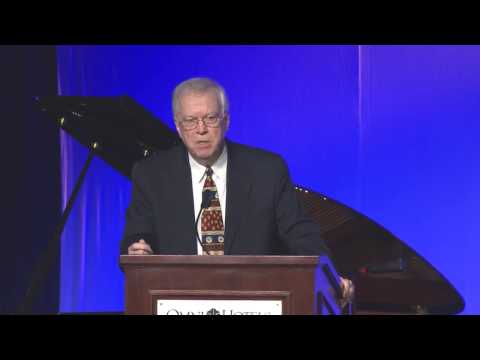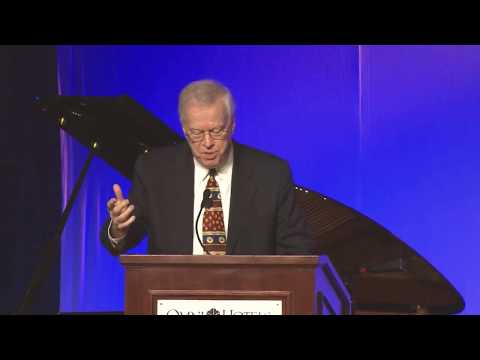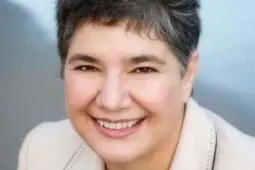Society & Culture
Craving Device-Free Attention
Technoconflicts in Families TodayTherapists are used to adolescent girls grumbling about their hovering, overinvolved parents. But these days, many have a new complaint—technoference in the... Read more
The Vicious Cycle of Silence
How We Can Better Protect Victims of Domestic AbuseA new book explores the devastating patterns of fear, shame, and secrecy that perpetuate intimate partner violence and too often escalate to murder. Read more
Embracing the Other
From Symposium Storytelling Evening 2019“Jeremy, we’ve never talked about it, but I cover my head for many reasons,” I told him. “One of them is to keep the energy contained—the heat... Read more
Therapy in a Challenging World
Highlights from Symposium 2019Rich Simon, Networker editor, tried to highlight the role therapists can play in a world so turned upside down that "crazy has become the new normal." Read more
Healing as a Subversive Act
Interconnections vs. IndividualsIn his opening keynote, Canadian physician Gabor Maté called on therapists to expand their frame of reference and recognize how their job is too often a kind... Read more
The Politics of Mental Health
The Story of the PTSD DiagnosisPioneering trauma specialist Bessel van der Kolk took aim not only at the politics within the therapy field that determine what diagnoses get into the DSM, but... Read more
Flourishing as We Age
Highlights from Symposium 2019Mary Pipher, author of the classic Reviving Ophelia and nine subsequent books, was this year’s recipient of the Networker’s Lifetime Achievement Award for... Read more
Consciousness and Connection
Highlights from SymposiumIt’s hard to think of anyone who's had more influence on our field than neuropsychiatrist Dan Siegel. His far-ranging keynote proposed that the integration... Read more
Suicide and the Golden Gate Bridge
BONUS Video: Watch Malcolm's full keynote from Symposium 2019In his many bestselling books, author Malcolm Gladwell has achieved renown for upending conventional thinking about the forces that shape people’s lives. His... Read more
The Inheritance Within
Coming Face to Face with Our AncestorsFor decades, Bert Hellinger and his Family Constellations approach have been a lightning rod for controversy. But the latest research on epigenetics and the... Read more
Piercing the Illusion of Intimacy
From Symposium Storytelling Evening 2019“Whoops,” I said, thinking this was a lighthearted moment. “Looks like you should’ve gone with that other psychologist.” But Ted didn’t joke back. Read more
Dying Well
Humanizing Our Overmedicalized SystemHospital protocols have replaced the time-honored customs that once enabled the dying to be lead actors in their life’s final drama. Why do we spend so much... Read more
Disarming the Verbal Bully
Four Ways to Push PauseAt a time when verbal bullies seem to feel increasingly empowered, here are four offbeat ways to push pause on their toxic verbiage. Read more
ACEs and a New Vision for Healthcare
Bringing Therapists and Physicians TogetherWhen it comes to addressing the profound impact of trauma, pediatrician Nadine Burke Harris is calling for primary care physicians and therapists to develop... Read more
Where the Trauma Never Ends
Inside Chicago’s Urban War ZonesChicago’s inner city has long been termed an “urban war zone.” A new book by acclaimed journalist Alex Kotlowitz reveals the personal stories of trauma... Read more
VIDEO: Addressing Climate Fears in Therapy
Moving Clients from Paralysis into ActionIn the following interview, ecotherapist Patricia Hasbach explains how practitioners can address the rise in eco-anxiety and depression. Read more
Increasing Access to Mental Health Care for Seniors
What Therapists Can Do to HelpAmerican seniors suffer disproportionately from mental health issues and suicide. And many, these days, are having trouble getting the therapy they need... Read more
In this issue, we hear from therapists who are moving beyond the confines of their offices to work with traumatized communities with enormous needs and few... Read more
Survival Skills
Chicago Gang Members Take a Challenging LeapIn one violent Chicago neighborhood, embattled gang members see themselves as UPOWs—urban prisoners of war. To introduce them to a new set of survival... Read more
Always on Call
When Disaster Strikes, Jim Gordon Gets to WorkWherever people have been uprooted and stripped raw by the devastating force of war, sudden violence, or natural disaster, you’re likely to find Jim Gordon... Read more
Creating a Web of Connection
Therapists in Search of CommunityTherapists are always on the lookout for new approaches and techniques. But in a profession with alarming rates of burnout and professional isolation, the best... Read more
Theater as Therapy
Can Shakespeare Heal the Trauma of War?Stephen Wolfert’s De-Cruit program is giving vets a chance to heal the trauma of war in creative ways. Read more
The Scourge of Opioids
A Close-Up Look at the EpidemicA new book takes a close-up look at the opioid epidemic in America. Read more
The Masculinity Paradox
An Interview with Esther PerelEsther Perel explores the challenge men face when it comes to embracing their identity as men in today's society. Read more
VIDEO: Doing Self-Care Right
Sabrina N'Diaye on Tapping Into Your Innate WisdomIncreasingly, therapists are looking for alternatives to the office-bound rigidity of traditional private practice. In the following interview, The Center for... Read more
VIDEO: Bill Doherty on Becoming a "Citizen Therapist"
How to Have a Conversation About Politics in TherapyIn the following clip from his Symposium Keynote address, William Doherty offers an expanded vision of therapy and explains why clinicians are uniquely suited... Read more
VIDEO: Addressing Political Stress in the Consulting Room
Reevaluating What's Appropriate to Discuss in TherapyIt's no surprise that, with all the political infighting going on, many people are anxious about the direction of our country. But is there room to discuss... Read more
The Podcast Boom
Is It for You?Podcasts have exploded in numbers and popularity. What do mental health professionals need to know about this way of expanding their audience and their... Read more
Health Comes in All Sizes
The HAES Approach to Countering Weight StigmaA paradigm shift around weight and wellness is taking on old stigmas. Read more
Resisting Matrimania
A Conversation with Bella DePauloAuthor and researcher Bella DePaulo says it’s time to start seeing the growing population of single adults as something more than just people unable to find... Read more


